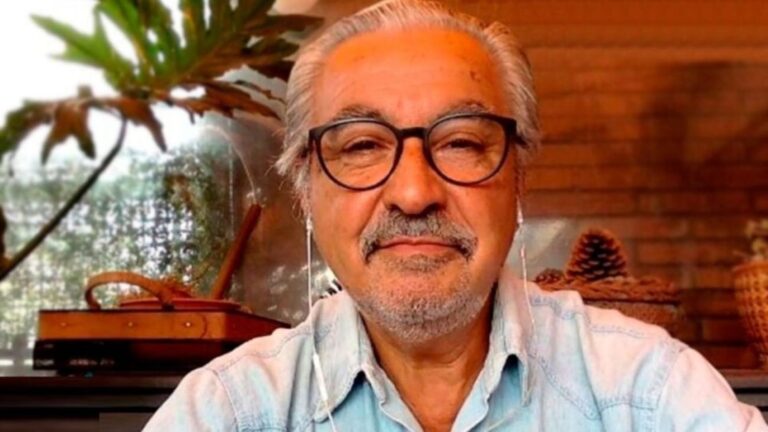
Socio-legal states have basic codes of conduct that must be respected by the people and those who always embody the three national powers. It is positive to reflexively oppose the legal system, from the text of the constitution to the norms. … lowest rank. It is also good that we demand the actions of public officials, since all power emanates precisely from the will of the people and is therefore subject to the rule of law.
We must not forget that the reason for this system is the people, because sovereignty lies with us, so politicians are justified only by serving us. As summarized in Article 1 of the Constitution, Spain is “a social and democratic country ruled by law that advocates freedom, justice, equality and political pluralism as the highest values of its legal system”.
In many cases, these basic principles do not seem to govern national life, and there is also a worrying apathy among the population towards politics in general. The main aspiration of a democrat must be to be free from false interests and partisan interests that are incompatible with justice and dignity. Truly independent people do not allow themselves to be swayed by abbreviations that limit their freedom of judgment.
We need people, regardless of political color, who have the ability to respect their people, reject the injustices of their rulers, and not bow to any political party. Voting alone is not enough. This is because it must combat perversion and abuse of power and other forms of corruption, from the strictly political to the economic. As co-holders of sovereignty like ourselves, we have a duty to denounce demagogy, populism, and narratives that manipulate public opinion as threats to freedom.
It is sad to hear ministers and politicians openly proclaim that judges are playing politics simply because they are investigating the direct relatives of the president of the government, the attorney general, his party aides, or co-religionists. Those who speak out like this defend these people as effectively above the law and with impunity, when clearly we all should be equal before the law.
It is very serious for politicians who hold executive and legislative power to publicly criticize judges who are dedicated to working honestly to make the judiciary function and uphold the rule of law.
In contrast to these cries that are undermining the judiciary is the tranquil silence of the judges who have fulfilled their duty of guidance and judgment. These attacks attack the necessary separation of powers and judicial independence. Magistrates, on the other hand, act responsibly as senior judicial officials, ensuring the fundamental values of the rule of law, equality under it, and justice.
Those accused of these media matters will go through a process with all the formalities and guarantees that will ultimately result in a fair judicial resolution, whatever that means, that we all must respect. Precedents and the proven independence of the Spanish judiciary require us to trust in the judiciary as the guarantor of rights and freedoms for all, free from inequality and discrimination.
There is nothing to fear, because no one can change the dignity and silence of Toga. Through a fair process, justice will ultimately be dispassionately administered, regardless of who is affected. Usually on a daily basis. Montesquieu had already said, “Where there is no justice, there is no freedom,” so the opposite would be very serious.



